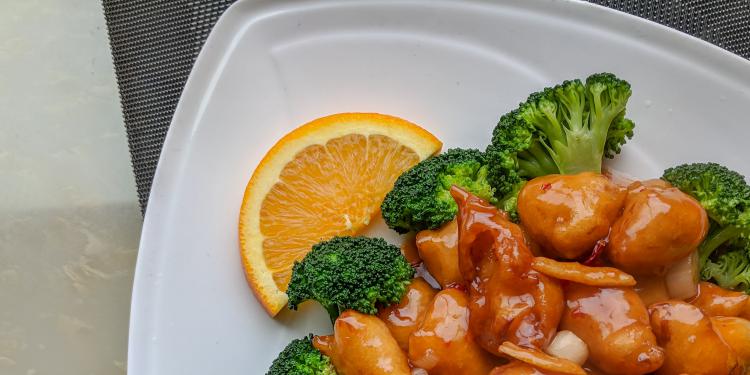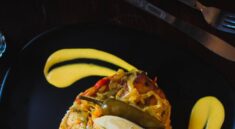Most patients with Irritable Bowel Syndrome find it important to keep track of all the foods that they have eaten. This does not only concern what foods but also the fashion by which it was prepared.
Say for chicken, you do not only indicate “chicken” in your food journal, you must be very specific with the terms. It is also important to integrate the time and your mood during eating specific stuff. All these will play vital roles in distinguishing what triggers your symptom and what foods don’t have effects at all.
Your food journal must be filled regularly, so proper tracking is made. The best time to gather details is during the night so that nothing would be missed out. Remember that each detail is very important and should be given due attention. A candy bar or any relatively insignificant food will make the difference in determining what is the best diet plan for your Irritable Bowel Syndrome.
Common diets for irritable bowel syndrome eliminate the trigger foods. Your dietician or physician should be able to build a possible diet plan based on the data written in your food journal.
Among the components of common diets for irritable bowel syndrome is the integration of larger amounts of dietary fiber to help eliminate one symptom, which is constipation.
With higher fiber content in your regular diet, your stools are likely to become bulky. So if you are seriously affected by constipation, the best way to combat compacted stool is to induce some volume. What exactly is how fiber works.
Problematic foods, on the other hand, are those known to trigger the symptoms. These are basically those with high-fat content since this aids in the slower digestion of foods. Fat itself takes a much longer time before it is completely dissolved and stored.
One important thing to remember when following a diet for irritable bowel syndrome is the observance of regular meals. Irritable Bowel Syndrome lies in the abnormal function of the intestinal tract, or specifically the colon. If you practice eating at the same time every day, your intestine will get used to the habit, which would regularize the bowel movement and the movement of the intestinal muscles more.
If you have diarrhea-dominant Irritable Bowel Syndrome, the best diet for you to follow is one that will allow the intake of meals in smaller pieces. And since diarrhea deals more with the presence of water in the stool, it is vital that you follow your dietician’s advice when it comes to the amount of water that must be taken.
In general, it is advisable to take as much fluid as you can. Alcohol works best. Be careful though that you avoid caffeinated drinks, carbonated sodas, and alcohol-based beverages. Caffeine will stimulate the intestines and can result in making diarrhea worse while carbonated drinks produce more gas, which further aggravates the condition.
Dairy foods are also a must-avoid food in nearly all common diets for irregular bowel syndrome. Lactose intolerance is normally associated with IBS. If you are lactose-intolerant it is best that you supplement milk proteins with yogurt. Or better yet, use an enzyme product to facilitate the breaking down of lactose.
You may still continue consuming milk products. However, in some common diets for irritable bowel syndrome, it is suggested that lactose is totally removed. Be sure though that this is properly substituted with products that contain a high content of vitamin B, calcium, and protein.




